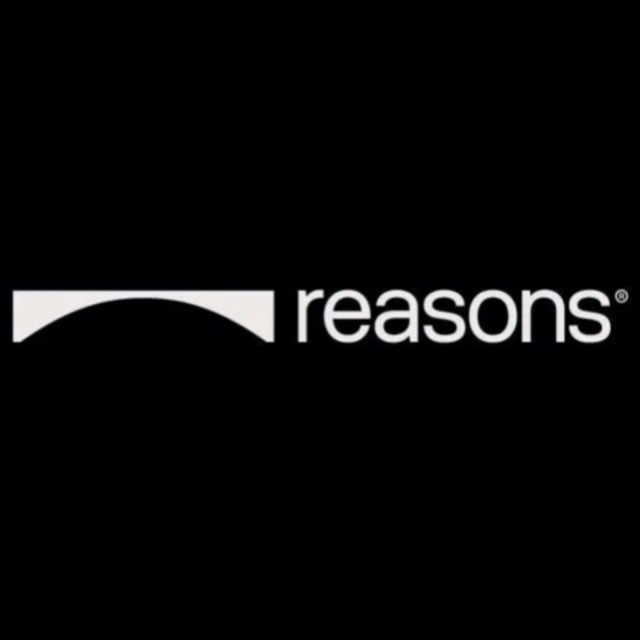Best Telecommunications and Broadcast Lawyers in Russia
Share your needs with us, get contacted by law firms.
Free. Takes 2 min.
Or refine your search by selecting a city:
List of the best lawyers in Russia
About Telecommunications and Broadcast Law in Russia
Telecommunications and Broadcast Law in Russia is an intricate field that governs the transmission of information through various electronic means. This encompasses phone, internet, radio, and television services, which are essential to modern communication. The field is primarily regulated by federal laws and supervised by government agencies such as the Ministry of Digital Development, Communications, and Mass Media and the Federal Service for Supervision of Communications, Information Technology, and Mass Media (Roskomnadzor). The legal landscape is continually evolving, influenced by advancements in technology, societal needs, and political considerations.
Why You May Need a Lawyer
There are numerous situations where individuals and companies might need legal assistance in telecommunications and broadcast sectors:
- Licensing and Compliance: Navigating the complex regulatory framework to obtain necessary licenses and ensure ongoing compliance with the laws.
- Disputes Resolution: Handling disputes with regulatory bodies, service providers, or consumers.
- Data Protection: Ensuring that data handling and privacy practices comply with Russian laws.
- Contracts and Agreements: Drafting and negotiating contracts related to service provision, content creation, and distribution.
- Broadcast Rights: Securing and managing rights for broadcasting content, including intellectual property concerns.
- Market Entry: Advising international companies on entering the Russian market in compliance with all legal requirements.
Local Laws Overview
The key aspects of local laws concerning Telecommunications and Broadcast in Russia include:
- Federal Law No. 126-FZ “On Communications”: It outlines the framework for providing communication services, including licensing, the rights and obligations of operators, and consumer protections.
- Federal Law No. 2124-1 “On Mass Media”: Governs the operation of mass media entities, including registration, distribution, and journalistic rights.
- Personal Data Legislation: Federal Law No. 152-FZ “On Personal Data” regulates the processing of personal data, critical for service providers handling user information.
- Import Substitution Policy: Encourages the use of Russian-made equipment and software in telecom industries, affecting business operations and strategic planning.
- Internet Regulation: Laws governing online content filtering, data localization, and the responsibilities of internet service providers.
Frequently Asked Questions
What licenses are required for operating a telecommunications service in Russia?
To operate a telecommunications service in Russia, one must obtain a communication services license from Roskomnadzor. The specific type of license depends on the service provided, such as data transmission or telephone services.
How are broadcasting licenses obtained?
Broadcasting licenses are also issued by Roskomnadzor. Applicants must demonstrate compliance with technical standards and content regulations. The process involves submitting a detailed application and undergoing an evaluation.
What are the data localization requirements in Russia?
Under Russian law, companies are required to store personal data of Russian citizens on servers located within the territory of Russia, particularly if they collect data through electronic communications.
Are there restrictions on foreign ownership in the telecommunications sector?
Yes, there are restrictions. Foreign investors are typically limited to owning no more than 20% of the shares in mass media companies, and similar restrictions can apply to telecommunications enterprises.
What are the penalties for non-compliance with telecommunications regulations?
Penalties for non-compliance can include substantial fines, revocation of licenses, and potential criminal charges for serious violations.
How does one handle disputes with telecom service providers?
Disputes can be initially addressed through direct negotiation with the service provider. If unresolved, they can be escalated to consumer protection agencies or resolved through the courts.
Is there a need for a legal expert in drafting telecom-related contracts?
Yes, due to the complexity and specificity of telecommunications agreements, seeking legal expertise ensures that contracts are comprehensive and protect the interests of all parties involved.
How can free speech issues impact broadcasting in Russia?
Russia's media laws include considerations for national security, which can influence broadcasting content. Media outlets must navigate these laws to avoid penalties while aiming to preserve editorial integrity.
What is the role of the Ministry of Digital Development, Communications, and Mass Media?
This ministry is responsible for developing policies and regulating the telecommunications and broadcasting sectors, ensuring proper management and technological advancement.
Can international companies provide telecom services directly to Russian consumers?
International companies typically need to partner with a local entity or establish a subsidiary to comply with Russian regulations and understand local market conditions better.
Additional Resources
For further assistance, individuals and businesses can explore the following resources:
- Federal Service for Supervision of Communications, Information Technology, and Mass Media (Roskomnadzor): Provides comprehensive regulatory guidelines and updates.
- The Ministry of Digital Development, Communications, and Mass Media: Useful for understanding policy directions and obtaining licenses.
- Russian Chamber of Commerce and Industry: Offers support and advice for businesses operating in the telecom sector.
- Professional Legal Services: Engaging a law firm specializing in telecommunications and broadcast law can provide specific legal support.
Next Steps
If you require legal assistance in telecommunications and broadcast in Russia, consider taking the following steps:
- Consult a Legal Expert: Begin with a consultation with a lawyer experienced in this field to evaluate your specific situation.
- Do Your Research: Gather preliminary information about your legal needs to facilitate more effective communication with your attorney.
- Documentation: Collect all relevant documentation that may be pertinent to your legal inquiry or case.
- Contact Local Organizations: Reach out to organizations mentioned in the additional resources for support or referrals.
- Stay Informed: Keep abreast of any changes in legislation that could impact your situation or business operations.
Lawzana helps you find the best lawyers and law firms in Russia through a curated and pre-screened list of qualified legal professionals. Our platform offers rankings and detailed profiles of attorneys and law firms, allowing you to compare based on practice areas, including Telecommunications and Broadcast, experience, and client feedback.
Each profile includes a description of the firm's areas of practice, client reviews, team members and partners, year of establishment, spoken languages, office locations, contact information, social media presence, and any published articles or resources. Most firms on our platform speak English and are experienced in both local and international legal matters.
Get a quote from top-rated law firms in Russia — quickly, securely, and without unnecessary hassle.
Disclaimer:
The information provided on this page is for general informational purposes only and does not constitute legal advice. While we strive to ensure the accuracy and relevance of the content, legal information may change over time, and interpretations of the law can vary. You should always consult with a qualified legal professional for advice specific to your situation.
We disclaim all liability for actions taken or not taken based on the content of this page. If you believe any information is incorrect or outdated, please contact us, and we will review and update it where appropriate.
Browse telecommunications and broadcast law firms by city in Russia
Refine your search by selecting a city.















